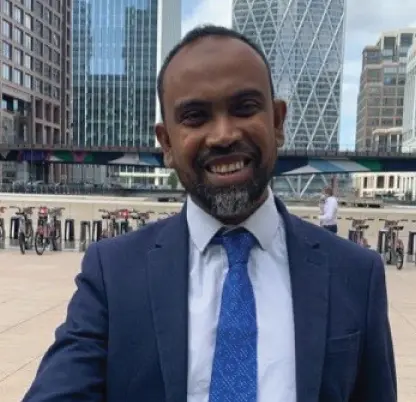- Home
- About Us
- business series
- Charity Services
Notary services
The Archbishop of Canterbury has awarded and overseen the public office of notary. A Notary lends credibility to a document by signing and sealing it, and if all requirements have been followed, the document will be accepted without inquiry in all jurisdictions throughout the world. As a result, the Notary’s job is to handle documents that will be utilised abroad.
How we can help you
The receiving authority will need some assurance that the information contained in the document is intended and correct and that, if the document shows it was signed by a named individual, someone with authority has confirmed that this is indeed the case. This is especially true if you need to sign a document or provide evidence of something that will be relied upon in a foreign country but you do so outside of that country.
Members of our staff are also Notary Publics. However, it is important to note that when acting in their capacity as a Notary, they do so as independent professionals and the service they provide is provided direct to you and not by Moore Barlow. On our website, you can find their individual Terms of Business for notarial services by visiting their profile:
- Candida Purser – Terms and Conditions and Privacy Notice
- Louise Williams – Terms and Conditions and Privacy Notice
What will the Notary do?
A Notary will deal with a number of different documents and requirements. The most common activities comprise:
- Witnessing the signature of documents
- Establishing the veracity of the information stated in a document or certifying copies of originals
- Administering oaths and declarations
The Notary will have to satisfy themselves that the client understands the nature of the document or that documents provided to him/her are valid. It is not a rubber stamping exercise. The Notary will formally identify the signer, typically using a passport and another document that verifies a residential address. The Notary must be certain that the signer(s) of a document to be completed by a company has the necessary power and authority to sign on behalf of that company and that the company is indeed in existence.
The Notary will also give advice on what specifications are necessary to guarantee that the document is in a format that is recognised by the receiving nation. This can necessitate the creation of an additional document or a particular certificate. It might also need to be made legal.
In some nations, a document only has to have a Notary’s seal and signature to be valid.
In other nations, the document will need to be legalised with the Notary’s seal and signature. This procedure entails the submission of the notarized document to the state in which the notary practises, which in the India is the Foreign & Commonwealth Office, who attach a second certificate to the document.
The second certificate will be a piece of paper called a “Apostille” that is affixed to your original document and bears the seal of the Foreign and Commonwealth Office. This certificate attests to the legitimacy of the Notary’s seal and signature, as well as their credentials. In accordance with The Hague Convention of 1961, it is attached. Following your appointment with the notary, this often takes up to 4 working days.
The consulate or embassy of the country that will be receiving the document may additionally need to add its own verification in addition to the Foreign & Commonwealth Office’s certificate.
How we work with you
Important laws affect both households and businesses across the India. Whether or not our clients are close to our offices, technology has made it possible for us to offer a high level of service to them. We can offer our advice in a number of ways:
- Over the telephone
- Via video conferencing
- In face to face meetings
We’ll talk about how you’d like to be contacted and the best ways to get to us in our initial conversation with you.



